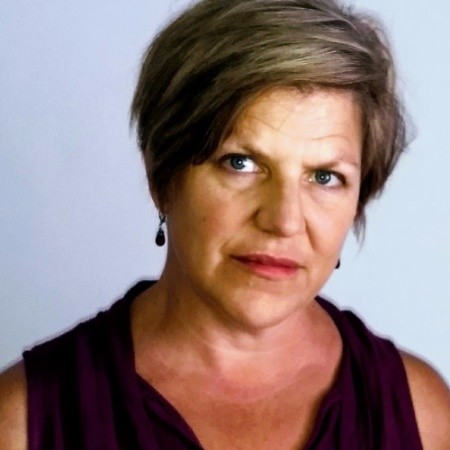Sarah Hautzinger, professor and associate chair of the Anthropology Department, was recently awarded a $20,000 grant to host a four-day workshop focused on religious communities’ engagement with climate challenges.
The Wenner Gren Foundation for Anthropological Research awarded Hautzinger and Sophie Bjork-James, assistant professor of anthropology at Vanderbilt University, the grant based off of their proposal, entitled, “Religious Responses to Climate Turmoil: Anthropological Perspectives.”
Hautzinger and Bjork-James will co-lead the workshop, where the seminar participants, all of whom have expertise in different regions and religious and spiritual practices, will discuss how religious institutions and leaders are responding to the climate crisis and Anthropocene, or the current geological age in which human activities have had transformative effects on the earth’s ecosystems.
“I’m focused on the community-based, affective, and relational aspects of climate change work. The religious and spiritual angle arose organically, through teaching my advanced seminar on Religion and Ritual at our Baca campus. The surrounding area hosts representatives from over two dozen international spiritual traditions, based in Buddhism, Hinduism, Sufism, Shintoism, Zoroastrianism, and more. Over time, it became clear that shared concern with environmental challenges, from localized threats to the aquifer by natural gas drilling, to global concerns about climate change, became common ground for these groups, raising questions about the potential interfaith and interspiritual networks offer to social movements clambering for climate response,” says Hautzinger.
“Bringing together 11 ethnographers exploring such questions in diverse contexts is yet another way of asking: ‘If our scientific and policy knowledge has not generated sufficient responses, where else can we look for tipping points?’” says Hautzinger.
“The threat of climate collapse is increasingly felt and feared, and the scale of projected future harm is almost beyond comprehension. This workshop explores anthropological work on how religions—both formal and informal—bring guidance to confront and navigate the emotional, moral, and ethical dimensions of the crisis,” Hautzinger and Bjork-James wrote in the proposal.
Yogesh Chandrani, assistant professor of Asian studies and religion, will also participate in the seminar.
Along with Hautzinger, Bjork-James, and Chandrani, the 11 participants in the seminar include: Ana Mariella Bacigalupo, professor of anthropology at the University of Buffalo; Eric Hoenes del Pinal, assistant professor of religion and anthropology at the University of North Carolina at Charlotte; Cymene Howe, professor of anthropology at Rice University; Pasang Sherpa, assistant professor of lifeways in Indigenous Asia at the University of British Columbia; Christina Verano Sornito, assistant professor of anthropology at Appalachian State University; Tulasi Srinivas, professor of anthropology at Emerson College; Sarah Strauss, professor of integrative and global studies at Worcester Polytechnic Institute; Mayfair Mei-hui Yang, professor of religious studies and East Asian languages and cultural studies at the University of California, Santa Barbara.
The seminar will take place from June 7 through June 10, 2023, on the Colorado College campus.






